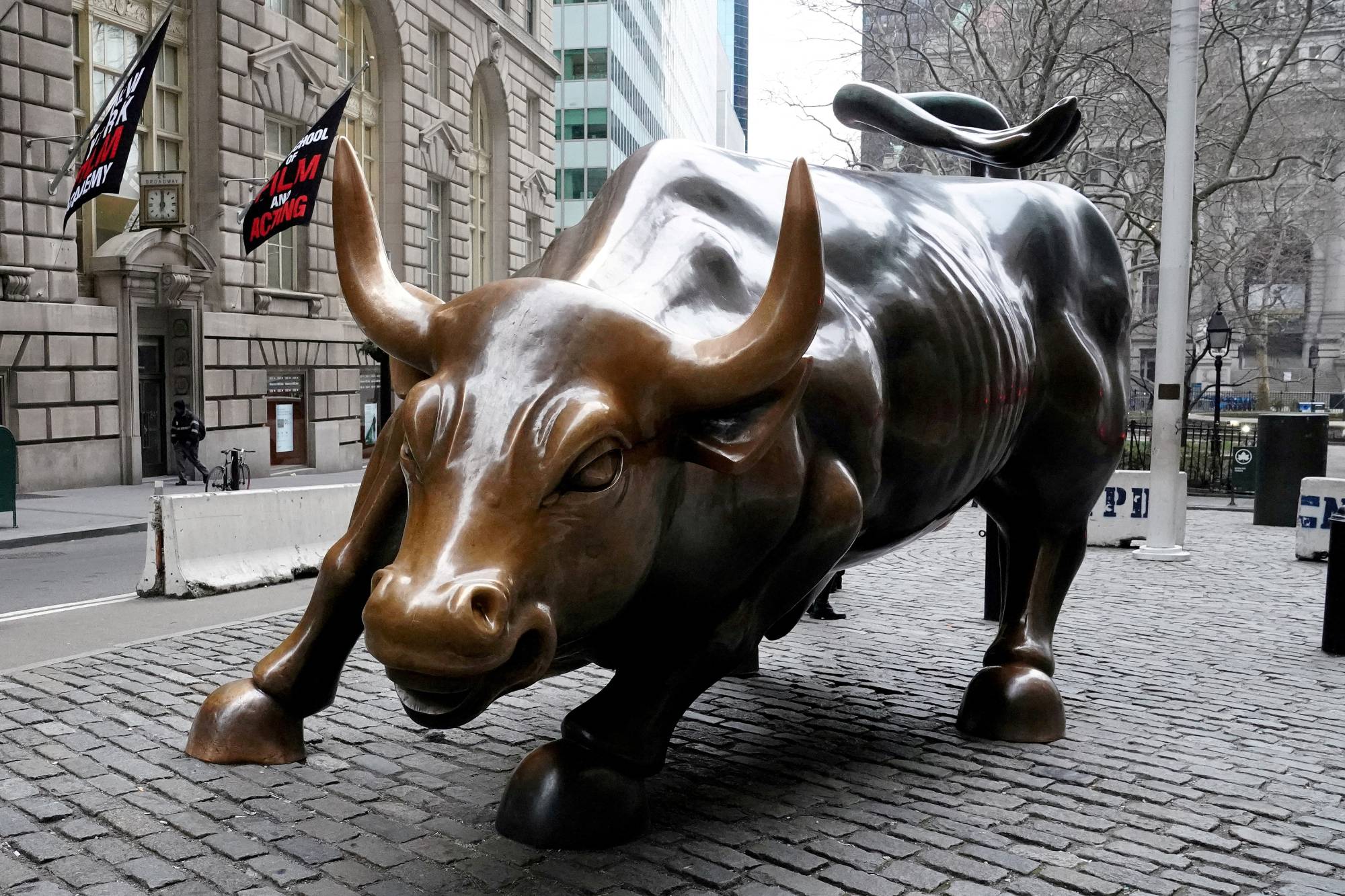Does the quality of trade execution matter in the equities market? University of California at Irvine finance professor Christopher Schwarz and four of his colleagues set out to answer that question with a series of experiments last year.
Over a period of more than five months, they executed 85,000 trades with discount brokers in 128 different stocks. What they found was that execution quality varied greatly across not just brokerage firms, but even within the same brokerage. The most shocking finding was their estimate that $34 billion a year is lost to execution costs for small retail investors.
Sure, $34 billion is a lot of money, but is it really? The U.S. had a total equity market value of $53.8 trillion as of the end of 2021, according to data compiled by Bloomberg. If the total market value of U.S. companies turned over one time over the course of the year, which is approximately the case, it would mean that 6.4 basis points (0.064%) would be lost in execution costs. To, that seems reasonable. But what I think the researchers touched on is that there is a cost to execute a stock trade. It is not an explicit cost, but an implicit cost.



















With your current subscription plan you can comment on stories. However, before writing your first comment, please create a display name in the Profile section of your subscriber account page.